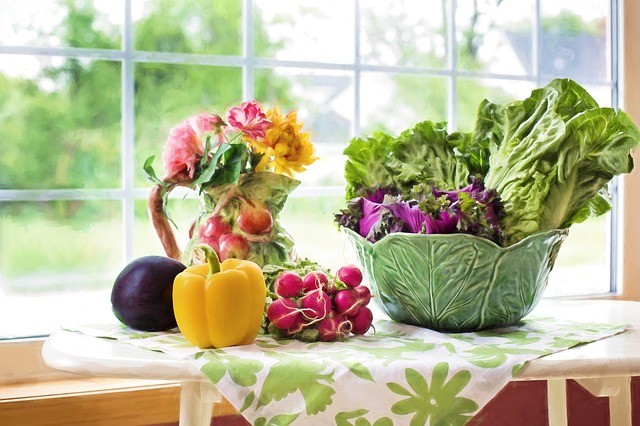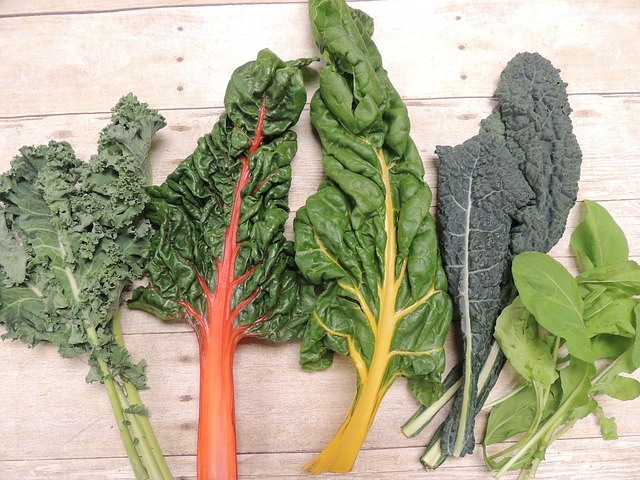Want results that you can eat in weeks, rather than months?
Whether you have a busy schedule, or simply want to see some fast results on your first veggie patch, these fast growing veggies will help.
At around 30 days each, the turn-around time from seed to plate is considerably faster than the average vegetable growth time.
So without further adieu, here are the vegetables that are not only great for your diet but also your schedule.
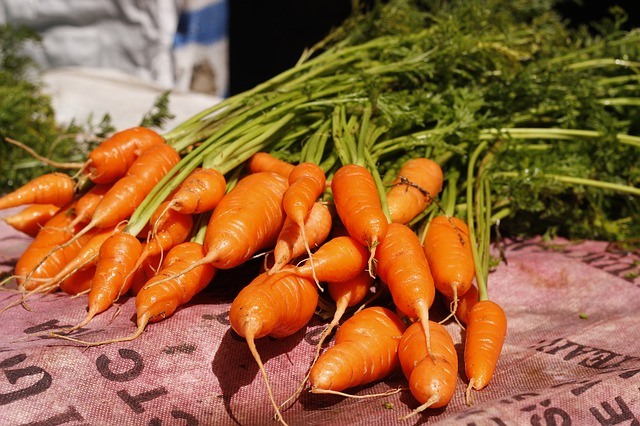
Baby Carrots
- 30 days
While typical carrots can take around 4 months to fully mature, you can pull them as baby carrots at around 30 days. Some people prefer the taste of baby carrots because they are a little sweeter and tender than mature, full sized carrots.
Best time to plant: Spring
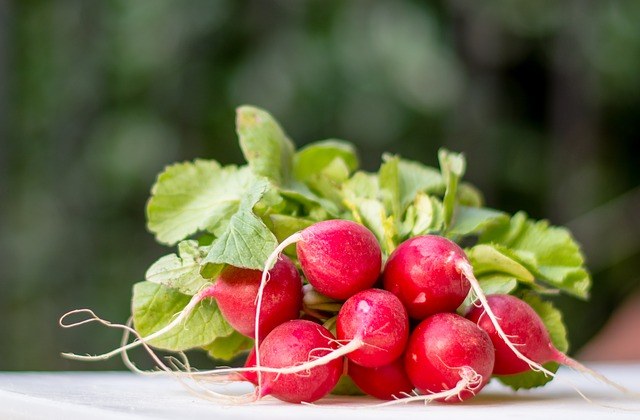
Radishes
- 3-4 weeks
Great in salads, soups and stews, radishes are fast-growing and relatively easy to grow. A nice side benefit of radishes is they are often named as a ‘companion plant’. This means they help deter pests that attack other vegetables.
Best time to plant: Spring and Fall
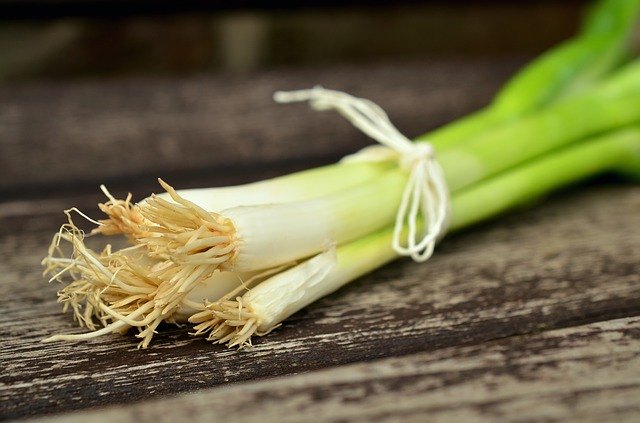
Green Onions / Scallion / Shallots
- 4 weeks
Perfect for salads, stir-fries, and other mixed vegetable dishes, green onions (when used for their stalks) are fast-growing veggies.
Best time to plant: Winter (when it’s cold, but not freezing)
Lettuce
- 4 weeks
Used in salads and sandwiches all around the world, lettuce is a staple that is quick to grow. Like others on this list it’s better to be pulled from the garden a little too early than too late.
Best time to plant: Early Spring & Fall
Spinach
- 6 weeks
This one is very good for you and it’s also quick to grow. Picked at around 5-6 weeks it’s still in its ‘baby’ stage and is generally considered to be at its peak as far as taste and nutritional value is concerned. It’s important to note, that if you’re planning on eating spinach for its nutritional value, then don’t pick it and leave it lying around for long. After being picked it will lose its value after only a few days.
Best time to plant: Spring and Fall (away from frost)
Salad Leaves & Leafy Greens
- Baby versions can be picked at around 30 days
Leafy greens are a prime source of protein and fibre. They are also easy to eat and fast to grow. Personally I prefer the baby versions of all the leafy greens (chard, kale etc.) so it’s a no-brainer for me. Staggered planting (planting a little every week) will mean you always have some on hand.
Best time to plant: Varies with variety
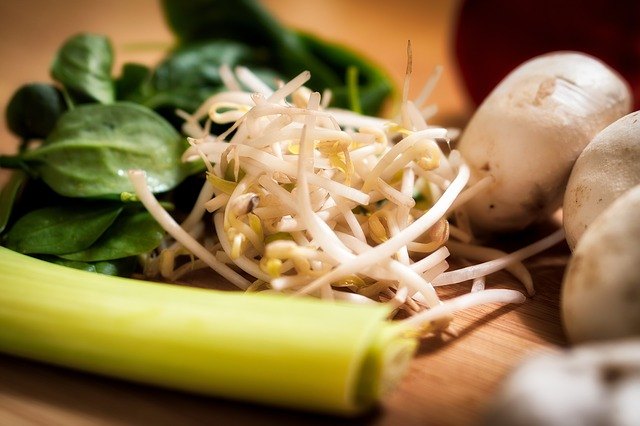
Bean Sprouts
- 1 week
There are 2 main varieties of bean sprouts (mung bean, soya bean) and they both grow quite quickly. The most common way to grow sprouts is in a jar with plenty of water and some ventilation at the top. After they’ve grown you can store them in your fridge for about a week. This way you’ll always have some on the go in your kitchen, and can give you a great supply of fresh bean sprouts.
Best time to plant: Indoors, any time of year
The Quick Synopsis
It may not seem like much, but the biggest benefit of junk food is that it’s super convenient. So if veggies can be made more convenient, it helps all of us eat healthier.
So what’s next? If you need help putting your garden together then here is a resource to take you from where you are now to a fully-functioning garden. The seed packets for all of the above can be found at Amazon or plenty of other seed retailers.
Thanks for reading!
Author
 Zac Spade from ZacsGarden.com
Zac Spade from ZacsGarden.com
Hi my name is Zac! When my wife told me that I needed a new shed it started an outdoor obsession that ran into everything from outdoor improvements, to growing food and everything in between. You can see what I’ve done and how to do it for yourself at my website.
